Stevia rebaudiana
₹400.00 Original price was: ₹400.00.₹350.00Current price is: ₹350.00.
(MRP Inclusive of all taxes)
- Shipping Rs 100 for entire order
- Dispatch in 8-10 days
- Country of origin: India
Description for Stevia rebaudiana
Stevia is a tender perennial native to parts of Brazil and Paraguay that favors humid, wet environments, although the root does not tolerate standing water. Stevia is widely grown for its sweet leaves, which are the source of sweetener products known generically as stevia and sold under various trade names.
Planting and care
null
Caring for Stevia rebaudiana
- Stevia plants do best in a rich, loamy soil — the same kind in which common garden-variety plants thrive. Since the feeder roots tend to be quite near the surface, it is a good idea to add compost for extra nutrients if the soil in your area is sandy.
- Besides being sensitive to cold during their developmental stage, the roots can also be adversely affected by excessive levels of moisture.
- So take care not to overwater them and to make sure the soil in which they are planted drains easily and isn’t soggy or subject to flooding or puddling.
- Frequent light watering is recommended during the summer months. Adding a layer of compost or your favorite mulch around each stevia plant will help keep the shallow feeder roots from drying out.
- Stevia plants respond well to fertilizers with a lower nitrogen content than the fertilizer’s phosphoric acid or potash content.
- Most organic fertilizers would work well, since they release nitrogen slowly.
Typical uses of Stevia rebaudiana
Special features:
Ornamental use: The plant is used for ornamental purpose
Medicinal use: Stevia herb parts are very low in calories. Parts by parts, its dry leaves possess roughly 40 times more sweetness than sugar. This sweetness quality in stevia is due to several glycoside compounds including stevioside, steviolbioside, rebaudiosides A-E, and dulcoside.
Stevioside is a non-carbohydrate glycoside compound. Hence, it lacks the properties that sucrose and other carbohydrates possess. Stevia extracts, like rebaudioside-A, are found to be 300 times sweeter than sugar. Besides, being a near-zero calorie food ingredient, stevia extracts have several unique properties such as long shelf life, high temperature tolerance, non-fermentative.
Be the first to review “Stevia rebaudiana” Cancel reply
Related products
Indoor Plants
Indoor Foliage Plant
Indoor Plants
Indoor Plants
Indoor Foliage Plant
Indoor Plants
Indoor Foliage Plant
Indoor Foliage Plant



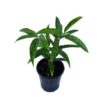
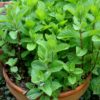
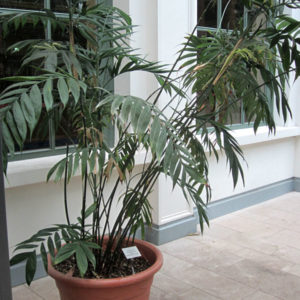
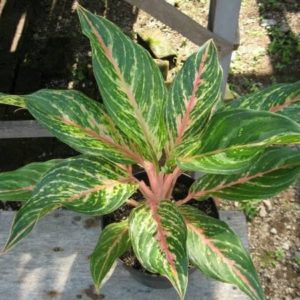
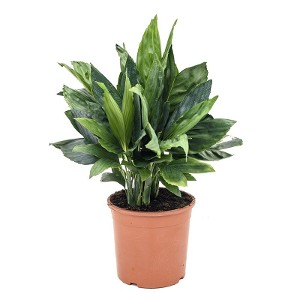
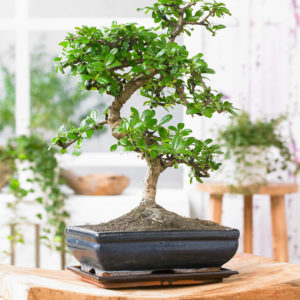
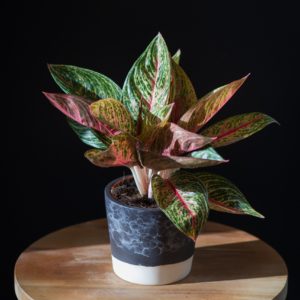
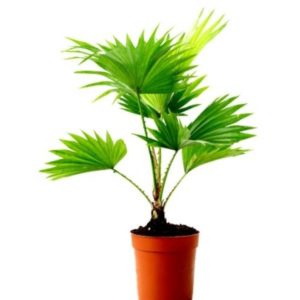
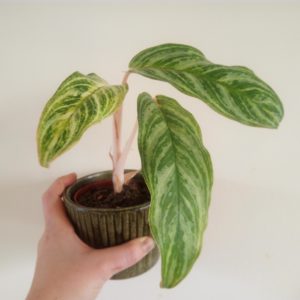
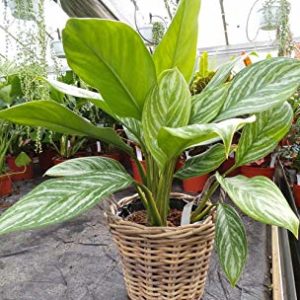
Reviews
There are no reviews yet.